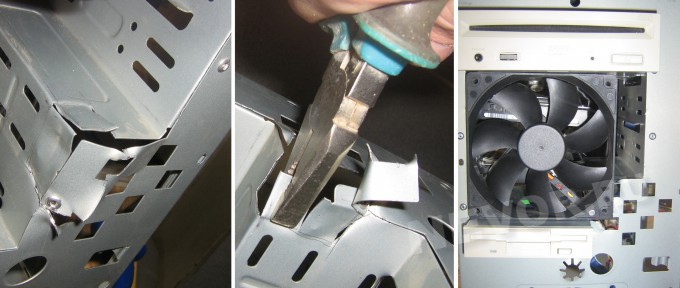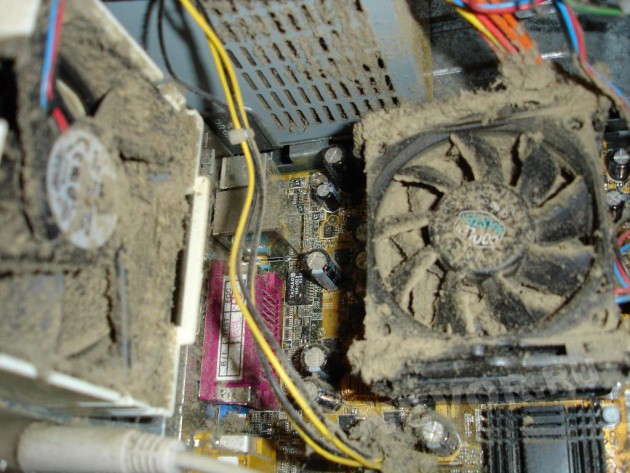How to choose a laptop for work?
 What criteria should a laptop meet to work, taking into account the time and ease of use along the way, as well as the tasks that it is designed to solve.
What criteria should a laptop meet to work, taking into account the time and ease of use along the way, as well as the tasks that it is designed to solve.
A laptop is an indispensable part of the workflow. The device is convenient to operate and designed for people who constantly move in settlements, because a personal desktop computer is a big problem in this regard.
You need to choose a laptop for work depending on the time that you plan to work with it on the road and the applications used. In this short article, we focus on the most important criteria.
Battery and autonomy
First of all, pay attention to the battery capacity of the laptop in comparison with other models. The battery capacity of most ordinary laptops is between 4000-4400 mAh. If the battery capacity of your chosen model is more than 4000 mAh – this is good, if less – it is worse.
But the real battery life depends not only on the battery capacity, but also on the power consumption of the laptop filling. Usually the more modern the model, the less energy it consumes.
On the websites of manufacturers and online stores, the approximate battery life of the laptop is often indicated. But this data is usually given based on work in the office mode (documents, Internet) with a screen brightness of 50%. However, they do not always correspond to reality, so check the real time of work from reviews on the Internet. A good battery life will be about 4 hours in office mode, and there you look as necessary. Please note that after a couple of years, battery life may be halved.
Battery life is one of the most important indicators for a laptop, which is often used on the go. For many models with a removable battery, an optional or enhanced battery is available.
CPU
When choosing a laptop, you should pay special attention to the processor. The number of cores, clock speed and power consumption are important criteria for selection. The processor determines the speed of information processing while working with a laptop.
As for the manufacturer, Intel mobile processors outperform AMD processors in terms of performance and power consumption, and therefore are considered better for laptops.
If the laptop will be used for work with documents and the Internet, then the Core i3 processor or a cheaper multi-threaded Pentium (2 cores / 4 threads) will be enough. Taking something even cheaper (Celeron, Atom) does not make sense, since the laptop will soon begin to slow down even in the simplest tasks.
If you plan to use a laptop for more complex tasks, such as video editing or like to play sometimes, it is better to give preference to more powerful Core i5 / i7 processors, which can be either 2-core (more economical) or 4-core ( powerful and gluttonous).
Also pay attention to the maximum processor frequency, it is desirable that it is closer to 3 GHz (2.5-3.5 GHz). Processors with a frequency below 2 GHz are usually not worth considering, they are rather weak.
Video card
The video card does not have much significance for working with documents, the Internet, even in processing photos and working with not complicated drawings, it is quite possible to do with integrated (Intel HD). However, a discrete graphics card will be a good help in editing video and is simply necessary for games.
Here you can only advise to pay special attention to the power of the video card chip itself. The minimum option for today is the GTX 940M / MX, better still the GTX 1050 and higher. The amount of video memory is at least 2 GB, for modern games you may need 4 GB.
I do not recommend Radeon video cards, they are weaker, consume more power, heat up more and are poorly suited for video editing.
Memory
The next object for attention should be RAM. The optimal size of RAM for simple office tasks and the Internet will be 4 GB. Less is not recommended, as modern operating systems, programs and the Internet consume a lot of RAM and soon the laptop will start to slow down due to lack of memory.
For heavy applications, video editing, Photoshop, games, the optimal memory capacity is 8 GB. If there is even more, then it’s good, but such laptops are more expensive, so this is not always justified. As a compromise option, you can consider models with 6 GB of RAM, but this is enough for complex tasks. There are also successful inexpensive laptops with 4 GB of RAM, but in which you can add another 4 GB yourself, which is often cheaper than buying an 8 GB model wink
Disk Type and Volume
In terms of disk type, there are only two options – HDD or SSD. Although an SSD is less popular among users due to its higher price, it has notable advantages. These include – the highest speed and responsiveness (making working with a laptop much more comfortable), resistance to shaking in shock when used.




